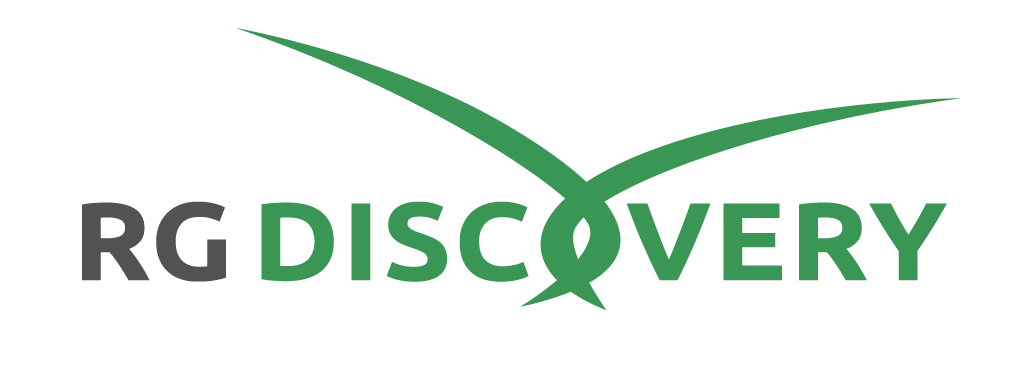RG Discovery

RG Discovery (RGD) is a leading and sustainable Scandinavian drug discovery company with a focus on developing therapeutic compounds based on small molecules and peptides. The drug production sector has a significant environmental footprint, due to energy intensive laboratory operations and the use of fossil-based raw materials. RGD is working to mitigate the environmental impacts of drug development and production, for example, by synthesising peptides using clean, safe and environmentally friendly processes.
RGD utilises a variety of methodologies for identifying leads (that is, compounds that have potential to treat disease) for various research areas including
- medicinal chemistry,
- synthesis,
- analytical chemistry including, but not limited to, mass spectrometry (MS), nuclear magnetic resonance (NMR) spectroscopy, high performance liquid chromatography (HPLC)/ultra performance liquid chromatography (UPLC) and super fluid chromatography (SFC),
- computational science,
- in vitro biology,
- absorption, distribution, metabolism, and excretion (ADME) studies, which describe how a compound moves through and is processed by the body, and
- fragment-based lead discovery methods, such as weak affinity chromatography (WAC™) which is a proprietary technique owned by RG Discovery and SARomics Biostructures.
This wide range enables RGD to tailor drug discover projects to customers’ specific requirements.
RGD has successfully collaborated with customers on the drug discovery process from hit finding (that is, finding compounds that have some biological activity against the target of the therapy) and lead discovery up to the delivery of candidate compounds that progressed into pre-clinical and clinical development. (The pre-clinical phase covers the testing that begins before clinical trials on humans and often involves testing on laboratory animals.)
Computer modelling has become an integral part of drug discovery that is used when trying to identify and optimise potential lead compounds and also to guide and support laboratory-based, experimental work. Being able to use Dardel provides an opportunity for RGD to carry out demanding computational studies that would not be possible with current in-house computational resources.
For questions about this or other PDC business partnerships, please contact business-unit@pdc.kth.se .
